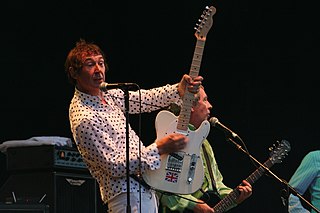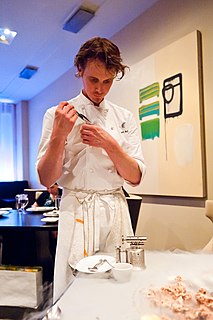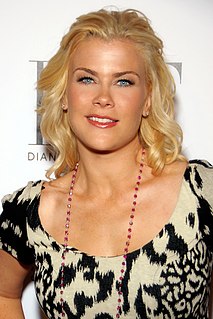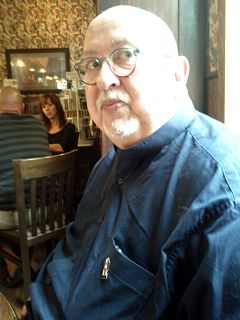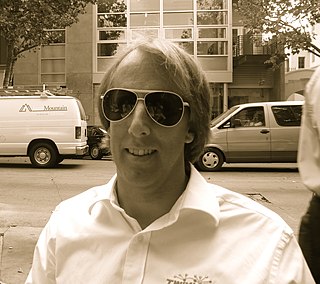A Quote by Richard Doll
The risk of developing carcinoma of the lung increases steadily as the amount smoked increases. If the risk among non-smokers is taken as unity and the resulting ratios in the three age groups in which a large number of patients were interviewed (ages 45 to 74) are averaged, the relative risks become 6, 19, 26, 49, and 65 when the number of cigarettes smoked a day are 3, 10, 20, 35, and, say, 60-that is, the mid-points of each smoking group. In other words, on the admittedly speculative assumptions we have made, the risk seems to vary in approximately simple proportion with the amount smoked.
Quote Topics
Age
Age Group
Ages
Among
Amount
Assumptions
Become
Cigarettes
Day
Developing
Each
Group
Groups
In Other Words
Increases
Large
Lung
Made
Mid
Number
Other
Patients
Points
Proportion
Ratios
Relative
Risk
Risks
Say
Seems
Simple
Smoked
Smokers
Smoking
Speculative
Steadily
Taken
Three
Unity
Vary
Were
Which
Words
Related Quotes
To laugh is to risk appearing a fool. To weep is to risk appearing sentimental. To reach out to another is to risk involvement. To expose feelings is to risk exposing your true self. To place your ideas and dreams before a crowd is to risk their loss. To love is to risk not being loved in return. To hope is to risk pain. To try is to risk failure. But risks must be taken, because the greatest hazard in life is to risk nothing.
I had gotten up to two, maybe three, packs (of cigarettes) a day. And my lungs were bothering me and I'd had pneumonia two or three times. And I was also smoking pot, and I decided, well, one of them's got to go. And so I took a pack of Chesterfields and took all the Chesterfields out, rolled up 20 big fat ones and put it in there, and I haven't smoked a cigarette since then.
In terms of getting people to experiment more and take more risk, there are at least three things that immediately come to my mind. Number one, of course, is role-modeling it yourself. Number two is when people take intelligent, smart risks and yet it doesn't work out, not shooting them. And number three, being honest with yourself. If the culture you have is radically different from an experiment and take-risk culture, then you have a big change you going to have to make—and no little gimmicks are going to do it for you.
It seems that the increased number of scientific workers, their being split up into groups whose studies are limited to a small subject, and over-specialization have brought about a shrinking of intelligence. There is no doubt that the quality of any human group decreases when the number of the individuals composing this group increases beyond certain limits... The best way to increase the intelligence of scientists would be to decrease their number.
Look, if I were running the FBI, you know, I probably would want to have backdoors as well, so I'm sympathetic to the director's view. But there is risk if you put that backdoor in. There's no question you enhance the risk, number one. Number two, there are the privacy implications that are of concern to parties.

